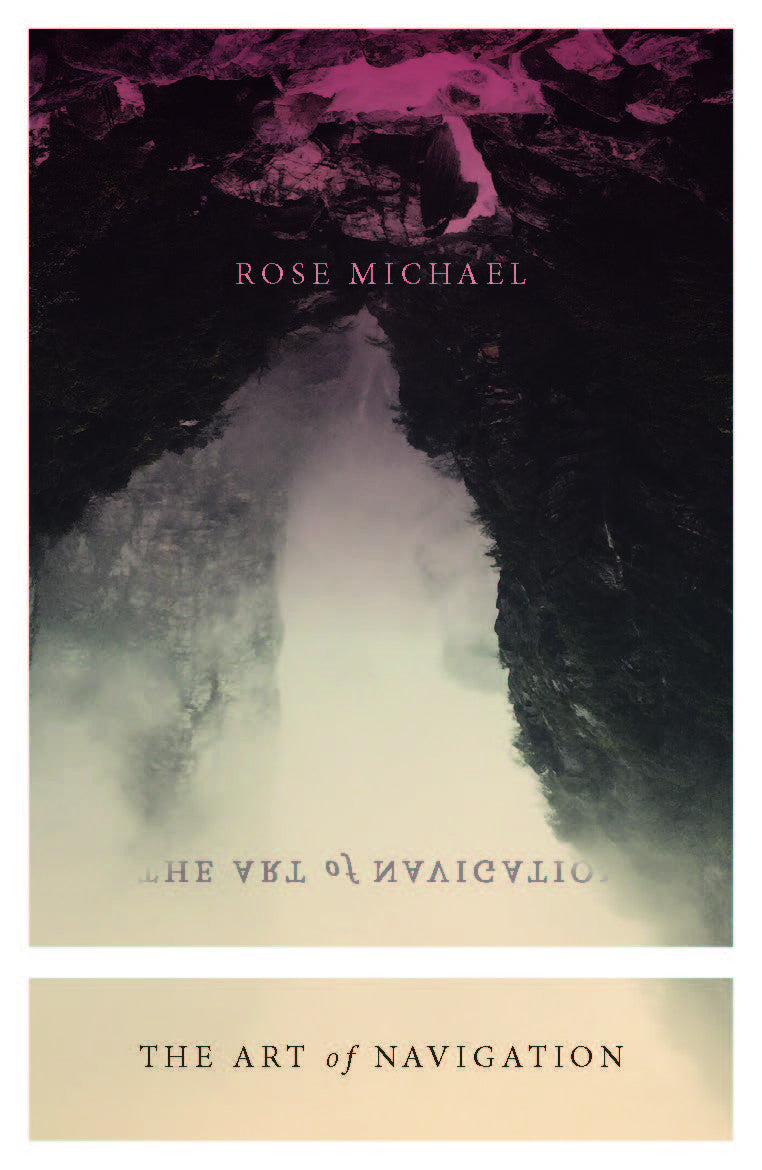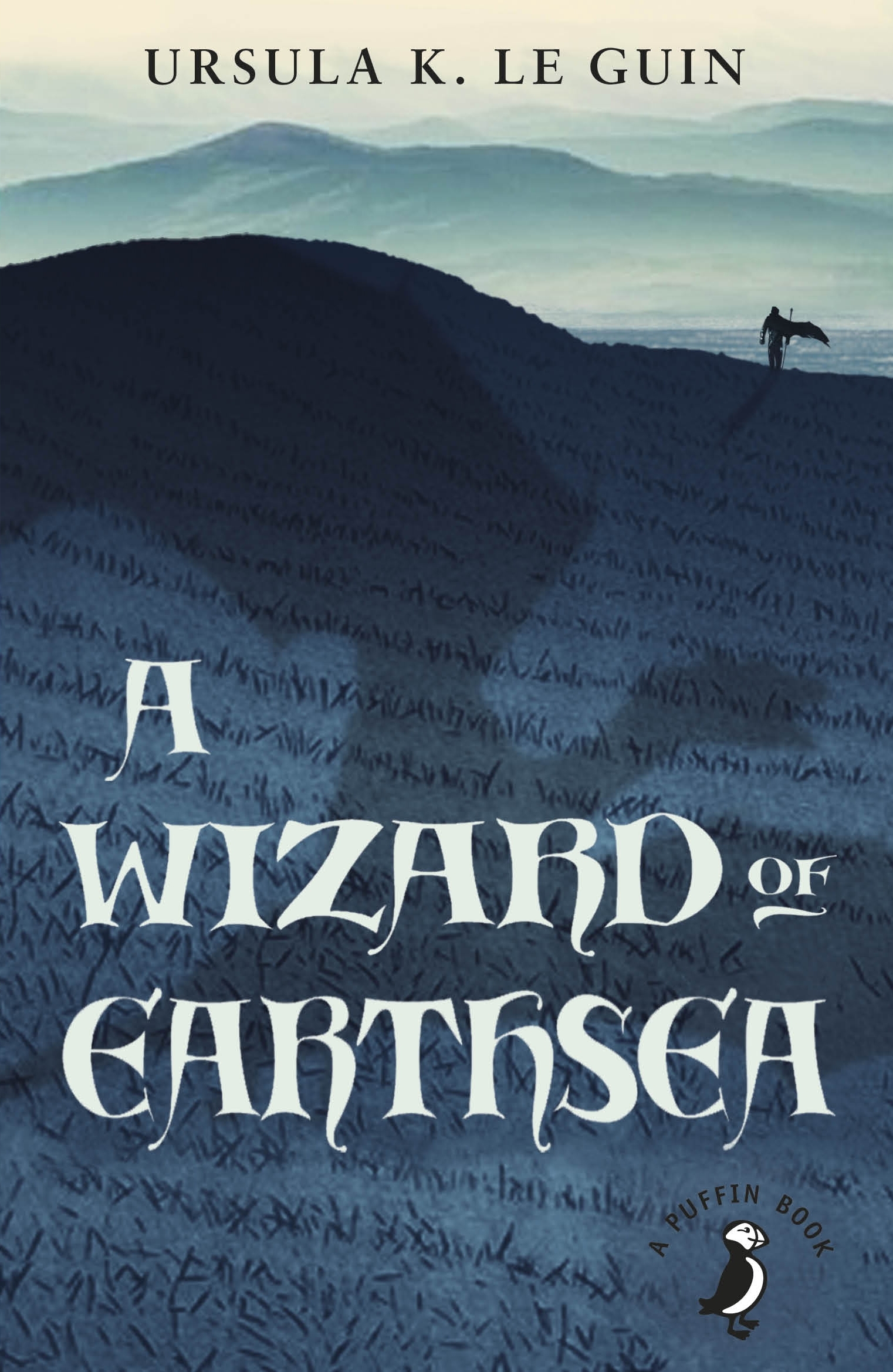Author of The Art of Navigation, Rose Michael on slipstream fiction and knowing your genre.
Know who you are
That piece you’re working on, the flash fiction or new novel, do you know what it is? Not what it’s about (plot-wise or more profoundly), but what it is – as far as publishers and booksellers are concerned. Who’s going to read it? How will they access it? Where should it be shelved, or why anthologised? You might think these questions are secondary to the world you’re creating within the not-yet-made pages, but thinking through practical considerations about categorisation – from cover image to final format, your title to its treatment – could help you do that better.
Or at least understand why it’s so hard to do what you’re trying to do well.
I’m talking about genre identification: understanding your writing in terms of what other writers like (or unlike) you have done. Do you want to fit in, or stand out? But perhaps you’re so deep in the trees – growing or felling, depending on your metaphor – that you can’t see the forest all around. It’s often only when you’re through a draft or two that you recognise what it is you’ve been making, and start to understand how it’s working … or not. That’s when you need all the analytical ability refined from years of reading your kin, and related kinds, to see where you fit in. And what you need to do next – in order to belong, breakaway, or birth a whole new not-so-generic genus.
Knowing your heritage, owning your lineage – the black you sheep you might personally shun as well as ancestors your clan proudly claims – can help you develop the work in front of you. Whether you find footsteps to follow or archetypes to react against, the books you’ll rub shoulders with – the stories or poems readers will come to you from or leave you for – are your community of practice.

And what you’re not
Lots of authors poo-poo generic forms, worrying readers will miss the deeper meaning of their works, or their books miss a wider market, but I’ve been amazed how helpful it’s been. I’m not advocating some simplistic association: I’m interested primarily in titles that resist easy categorisation, in uncategorisable books – where the only thing they have in common may be their rejection of the realism so prevalent in popular literary fiction today (what China Miéville has convincingly called ‘litfic’). Un-real stories that crossover from the literary to the less so.
It wouldn’t be too great a stretch to say that I’ve found it revelatory to realise how everything that makes my work weird (non-realist) and slippery (cross-genre) is what makes it Weird Fiction and Slipstream. Learning that – admittedly belatedly – enabled me to find inspiration, and answers to story and structure, when I was lost in the wood of my own unconscious creation writing The Art of Navigation. Genre provides clues that we can choose to use, misuse or abuse.
(Not that I’m there yet by any means, but with every book and every story, every review and every reflection, I gain a better grasp of what I want to write – and how I might do that. What I want to read – and why.)
It took me a while to recognise my own precedents and peers; I was a writer following where the words led and needed readers – and rejection slips – to show me how my work was neither straight literary fiction, nor traditional science fiction. At first I tried to channel my creativity into (what I thought was) the more popular form, but it turned out I couldn’t do that … and didn’t much want to. It was then I realised that difficult-to-define books which straddled high and low forms – showed us both a recogniseable and strange reality – were exactly what I sought.
Such as recent titles: ‘All Our Wrong Todays’, and ‘The Shining Girls’; the classic ‘We Have Always Lived in the Castle’ and ‘Such Small Hands’; historic ‘The Essex Serpent’; and, from fellow writers closer to home, ‘From the Wreck’ and ‘Storyland’.
These latest (re)releases would be no bad place to start for someone wanting to sample ‘strange books’, as Victoria Schwab describes them in ‘Just Trust Me: In Praise of Strange Books’: ‘I want stories that don’t fit into easy boxes, ones that defy their own ostensible categorisation.’ I often talk about such titles as having an ‘A-ha!’ moment, when (for writers and readers both) an idea you’re not expecting answers a question you hadn’t thought to ask. A sense of surprise and satisfactory resolution. Arguably, this might be done within a given genre, but how much more brain-breaking is it when a book mines the his- and herstories of its bookshop neighbours from the next aisle along?

So you can do what we must
Like books, books we like, are the language of our industry: it’s how we pitch our product – to agents, at acquisitions meetings, via advance information sheets and, ultimately, to readers by ‘handselling’ or book reviews. Understanding that your work exists within a landscape, never a vacuum, shows a degree of professionalism that will only help you sell – as well as tell – your tale.
But naming isn’t everything – despite what Earthsea might have taught us. There’s no point coding your work as something it’s not, or chasing a category you don’t belong to. You risk disappointing a reader who has, consciously or not, brought their own generic expectations to the party, likely prompted by those very ‘paratextual’ aspects I mentioned at the beginning: from format to imprint and outlet, other author’s shoutlines and your own associations.
Which is why I like the term ‘slipstream’ so much, coined by Bruce Sterling in 1988 to describe books that were fundamentally literary, but doing the job of science fiction. This was at a time when that genre was seen by some as having collapsed into cliché. That work, this ‘job’, is what Ursula Le Guin describes as ‘the characteristic gesture’ of estrangement: stories that give us a new place from which to (re)view our own world. At first, it was the prioritising of the literary aspects of the works Sterling listed that made this name seem such a good handle to me. Then it became his description of what these books did, how they make us ‘feel very strange’. The authors he listed were not writing strange stories, their books are not telling or showing strangeness, but, rather, making us feel weird.
I can’t put it better than David Mitchell: ‘fantasy plus literary fiction can achieve things frank blank realism can’t’, not to mention what the dynamism and complex uncanniness of cross-genre experimentation can do. In the era of the Anthropocene – when cli-fi is no longer fiction but our new reality – we need books that do that: achieve the necessary sense of strangeness that reflects this world and helps us imagine a(nother) future.
Rose Michael
Rose Michael is a writer, editor and academic published in Griffith Review, Best Australian Stories, Island, Cultural Studies Review, Sydney Review of Books and Meanjin. Her ‘spec fic’ debut, The Asking Game (Transit Lounge, 2007), was a runner-up for the Vogel and received an Aurealis honourable mention. Her new novel, The Art of Navigation (UWA, 2017), transforms a gothic ghost story into a fantastic tale of far-flung time-travel.
